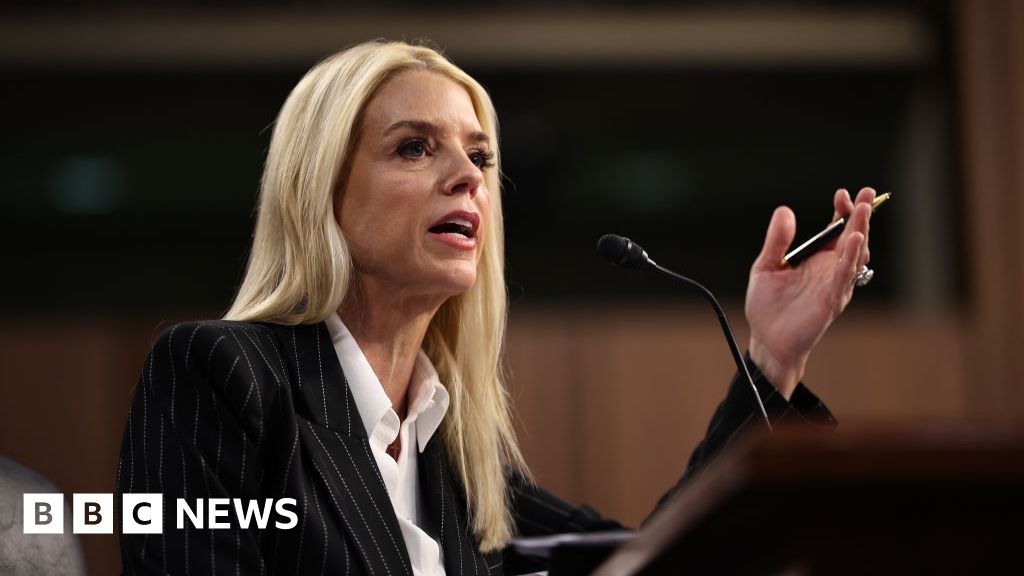With the first anniversary of the Israeli aggression on Gaza since October 7 of last year, discussions are renewed about the role of Palestinian resistance and its profound impact on the political and cultural levels.
In this context, the interaction of Iranian literature and culture in particular with the issue of resistance in Gaza is noted, as the Palestinian issue, especially the events in Gaza, played a prominent role in shaping Iranian cultural discourse over the past decades.
Resistance in literature
Since the establishment of the Islamic Republic of Iran in 1979, the Palestinian issue, especially support for the Palestinian resistance, has become an integral part of Iran’s political and religious identity, and this vision has been reflected in Iranian literature, which has witnessed great development in its treatment of issues of Palestinian resistance and steadfastness.
- Palestinian poetry and resistance: Poetry in Iran enjoys a high status, and many Iranian poets have dedicated poems that sing of Palestinian resistance and denounce the Israeli occupation. These poems combine feelings of solidarity with and support for the Palestinians, and express resistance as part of the global struggle against injustice. The Iranian poet Ali Mousavi Karmarodi is considered one of the most prominent poets who devoted a large amount of his work to the issue of Palestine. He wrote poems that carry strong symbolism about Gaza and the steadfastness of its people.
- The Palestinian novel and narrative in Iranian literature: The Iranian novel, especially in recent decades, has been influenced by the Palestinian-Israeli conflict, as Palestinian resistance has become part of narrative narratives that deal with issues of justice and the struggle against the occupation. Gaza appears in these novels as a symbol of resilience and defiance, used as a backdrop to events that address the humanitarian dimensions of the conflict.
- Literary translation of Palestinian works: This was not limited to Iranian literary production only, but Iranian publishing houses contributed to the translation of many Palestinian literary works, especially those documenting the events of the wars in Gaza. Through these translations, Iranian intellectuals seek to strengthen cultural ties with the Palestinian people and make their voice heard to Iranian readers.
Resistance in culture
In addition to literature, Iranian culture plays a major role in celebrating Palestinian resistance, as resistance is part of the “revolutionary identity” adopted by the state and a segment of society.
- Cinema and television: Iranian cinema, known for its artistic precision and profound messages, has produced a number of documentaries and dramas dealing with the Israeli occupation of Palestine, with Gaza as the focus of these films. One of the most prominent of these works is the film “33 Days,” which deals with the Israeli aggression against Lebanon in July 2006, but with the symbolism of resistance projected onto the situation in Gaza. Documentary films also focus on the stories of individuals and families living under siege and bombing, to present a humane picture of the daily lives of Palestinians.
- Fine arts: Iranian visual artists also contributed to depicting the Palestinian resistance in their works, as the use of symbols such as Al-Aqsa and Gaza City is prominent in murals and art exhibitions. These works are often displayed on national and cultural occasions that celebrate the Palestinian cause, such as “International Jerusalem Day,” which is an annual event organized on the last Friday of Ramadan as an expression of solidarity with the Palestinian people.
- Cultural festivals: Iran organizes cultural festivals dealing with the Palestinian issue, where films, books and art pieces dealing with the subject of Gaza and the resistance are shown. These festivals are part of Iran’s “soft power” strategy that aims to highlight its political and cultural support for Palestine to the international community.
Resistance in religious and revolutionary discourse
The Palestinian resistance in Gaza played a pivotal role in shaping religious and revolutionary discourse in Iran, advancing as part of the “jihad against injustice,” a fundamental concept in Iranian political thought since the Islamic Revolution.
Gaza is a symbol of Islamic resistance against colonialism and injustice, and this rhetoric is promoted in mosques, in Friday sermons, and in the Iranian media. Palestinian resistance leaders are seen as allies and partners in the struggle against “global arrogance” led by Israel and its allies.
Culture and art support politics
Iranian literature and culture constitute a fundamental pillar in expressing solidarity with Gaza and the Palestinian resistance. Through poetry, novels, films, and visual arts, Iran contributes to enhancing awareness of the Palestinian issue and promoting the discourse of resistance.
Also, the interaction of these cultural works with the current events in Gaza reflects the extent of the connection between the Iranian political scene and the cultural dimension that seeks to provide moral and ideological support for the Palestinian cause.
On the first anniversary of the Gaza War, Iranian literature and culture continue to play a pivotal role in highlighting the Palestinian resistance as a humanitarian and political issue, and strengthening Iran’s position as a major supporter of this issue in the region and at the global level.
As one year has passed since the Gaza War, the Palestinian issue remains a vital part of the cultural and media scene in Iran. This interest is renewed annually through literary and cultural works that commemorate the steadfastness of the Palestinian people and highlight the humanitarian and political dimensions of the conflict, to strengthen cultural and religious ties between Iran and Palestine, and confirm the continued Iranian support for the resistance as part of the narrative of the struggle against injustice in the Islamic world.
- The opinions expressed in the article do not necessarily reflect the editorial position of Al Jazeera Network.






